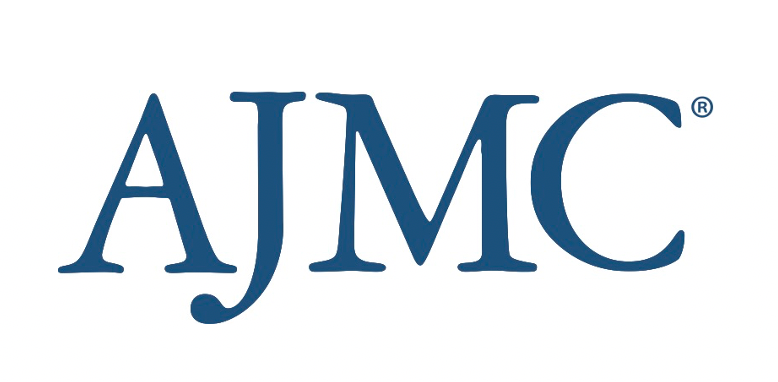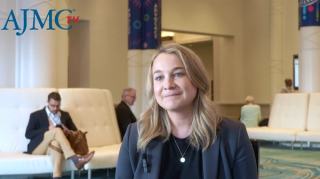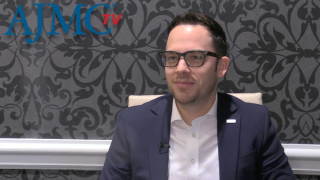
Value-Based Care
Latest News
Latest Videos

More News

Although the gap between low and high value has been established in many areas, insurance design has yet to adapt, according to a panel at the 20th annual Value-Based Insurance Design (VBID) Summit.

This is the fifth and final article in a series on value-based care and the 4 challenges health care organizations must overcome.

On December 10, 2024, cardiologists, researchers, and value-based care experts gathered in Dallas, Texas, to discuss best practices for implementing advances in cardiology care with a value-based mindset, spanning the care continuum from prevention to treatment.

The second Trump administration is expected to bring changes to Medicaid, Medicare Advantage, and the health insurance exchanges, as well as highlight the Make America Healthy Again (MAHA) movement, speakers at the Value-Based Insurance Design Summit said.

Speakers at the 2025 Value-Based Insurance Design summit recapped the accomplishments made over the past 20 years in designing insurance benefits with value in mind and looked ahead to iterations to come.

This is the fourth article in a series on value-based care and the 4 challenges health care organizations must overcome.

Time costs, often overlooked in health care, create economic burdens for patients and caregivers, impacting income and well-being.

Medicare beneficiaries treated by physicians with high levels of Medicare Advantage risk exposure had higher care quality and efficiency outcomes compared with those treated by other physicians.

Higher telemedicine adoption among Medicare beneficiaries was associated with a slight increase in total visits but a reduction in certain low-value tests and related spending.

Travis Brewer, vice president of payer and public health strategy/relations at Texas Oncology, shared that value-based oncology care can achieve both cost efficiency and high-quality outcomes through integrated multidisciplinary teams, flexible payment models, and targeted treatment approaches.

Discussions also delved into the complexities of value-based oncology care, the growing role of real-world data, and strategies to improve access to care in hematology. Across all sessions, a common theme emerged: the need to balance innovation with patient-centered, equitable, and sustainable care models.

The authors advocate for the implementation of value-based principles to address the underutilization and limited supply of home care and rehabilitation services.

High-intensity home-based rehabilitation (HIHR) may substitute for facility-based postacute rehabilitation. Patients in HIHR had better functional outcomes at lower costs than patients in facility-based care.

An Institute for Value-Based Medicine regional event in Houston, Texas, covered inconsistencies with the integration of precision medicine in oncology practices, the evolution of treatment for multiple myeloma, and more.

Song Park, MD, University of Washington Medicine, advocates for more user-friendly technology to support equitable skin cancer care access.

The American Journal of Managed Care®’s Strategic Alliance Partnerships provide valuable insights into health care trends through collaborations with health systems, payers, oncology practices, and more.

The editors in chief of The American Journal of Managed Care® discuss the key managed care research and news from 2024 and look forward to the journal’s upcoming 30th anniversary.

In 2024, the most-read articles published in Population Health, Equity & Outcomes (PHEO) highlighted the promise of accountable care, coverage challenges for obesity therapies, and much more.

In 2024, the most-read articles published in our flagship peer-reviewed journal, The American Journal of Managed Care® (AJMC®), touched on disease burden, policy consequences, and more.

Since its founding in 2012, the National Association of ACOs has evolved from a group of 30 to 477 accountable care organization members covering 9.2 million beneficiary lives.

Preventing or delaying the onset of end-stage kidney disease is vital. By implementing a results-driven, value-based approach, Dallas Nephrology Associates has demonstrated improved patient outcomes and value for payers.


The authors discuss multiple challenges to the production of policy-relevant results from evaluation of Medicare accountable care organizations (ACOs).

Among commercial and Medicare supplemental beneficiaries with cost sharing, higher out-of-pocket spending for the first cardiac rehabilitation session was associated with lower program adherence.

The 6-year mandatory Increasing Organ Transplant Access Model aims to boost kidney transplants and address disparities by incentivizing hospitals, enhancing care coordination, and measuring transplant outcome performance.















